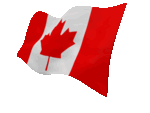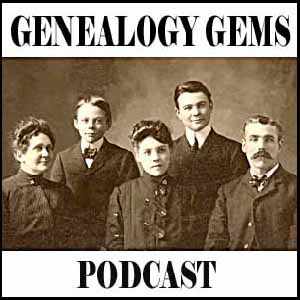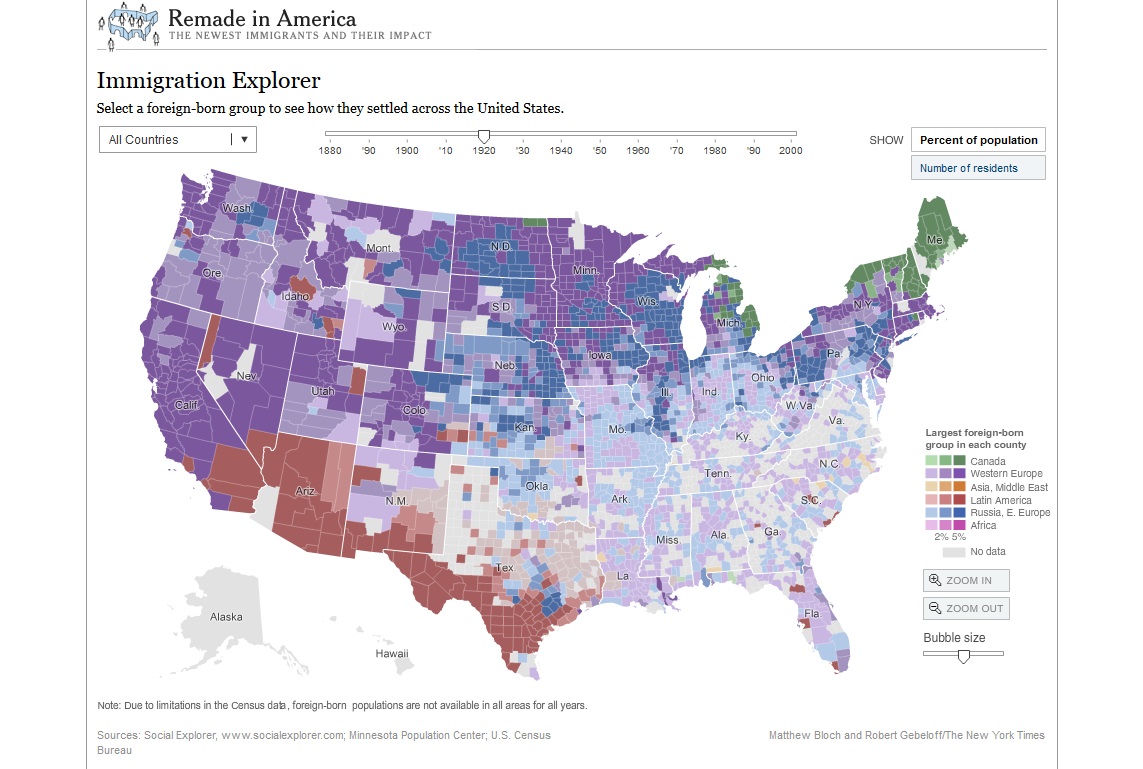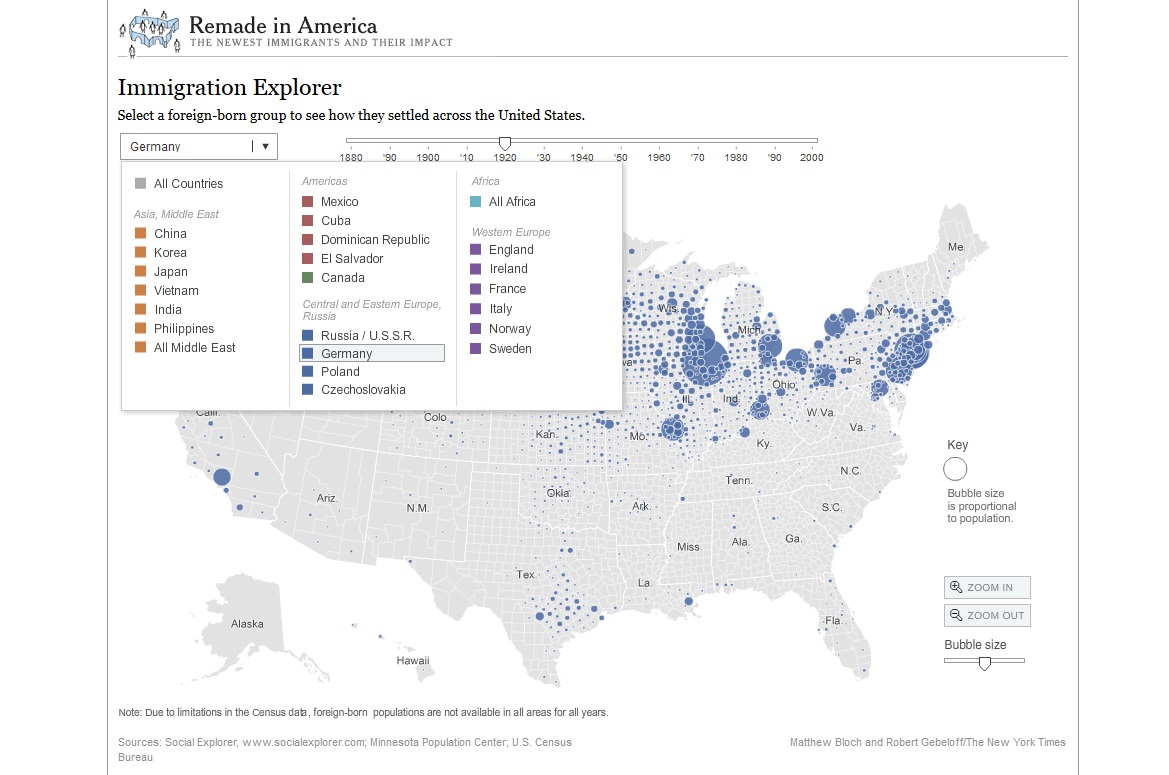Blog


71,000 pages of Canadian Genealogy and History Now Online
 If you have Canadian roots, you’ll want to know about a rich new resource now at Findmypast.com. It’s the Canadian Books collection, with 71,000 pages of keyword-searchable histories, vital records, directories, published genealogies and more.
If you have Canadian roots, you’ll want to know about a rich new resource now at Findmypast.com. It’s the Canadian Books collection, with 71,000 pages of keyword-searchable histories, vital records, directories, published genealogies and more.
“Dating back to the 1600s, the Canadian Books boast 71,000 pages of items such as military, religious, occupational and immigration records, business directories, published genealogies and BMDs [births, marriages and deaths],” states a Findmypast.com press release. “The books feature a sizeable amount of military records with various nominal rolls and rolls of honour relating mostly to the First World War, such as The Royal Montreal Regiment, 14th Battalion, University of Toronto Roll of Service buy heartworm medication online canada 1914-1918 and 31st Canadian Infantry CEF 1914-1919.”
Though the core content is Canada, the reach of this 200-volume collection extends outside Canada’s boundaries. “With titles such as Sketches of Irish soldiers, The Scotch-Irish of California, and German-Canadian Folklore, the collection is valuable for people with Canadian ancestry and those who can trace their origins back to the UK or Europe.”
This collection comes from the Archive CD Books Canada Project, which has gathered, renovated and reproduced Canadian historical books, documents and maps for over a decade. The 200 volumes are searchable through all Findmypast international sites with a World Subscription and in the U.S. and Canada resources at Findmypast.com.
Navigate this Cool Free Tool that Lets You Explore U.S. Immigration Settlement Patterns
Do you ever wonder why your immigrant ancestors to the U.S. settled in a particular location, especially if it wasn’t the port city they landed in? The New York Times website has a tool that may shed light on your question.
This very cool interactive map displays the settlement patterns of U.S immigrants by nationality since 1880. As you can see from the screen shot below, you can click on ten-year increments to see how things stood at one point in time, or click across several to see how settlement patterns changed.
You can also click on several individual countries for more specific data, as you see here:
Of course, you may still be scratching your head about WHY your folks went a particular place. But if you see they were part of a larger settlement of Poles in the Pittsburgh region in the early 1900s, for example, you’ll know to look for regional and ethnic histories that can give you more “backstory.” You may also discover that they were a definite minority in their new hometown, which hints at a different kind of immigrant experience. In the quest to understanding our immigrant ancestors’ experiences, every clue helps!
You can learn more about another terrific immigration resource by listening to the free  Genealogy Gems Podcast episode 120. Noted author Steve Luxenberg (Annie’s Ghosts) shares a free online tool that he used to help solve his own family history mystery!
Genealogy Gems Podcast episode 120. Noted author Steve Luxenberg (Annie’s Ghosts) shares a free online tool that he used to help solve his own family history mystery!
Preserve Your Heritage in Archival Scrapbooks: New Video
 Hands up, how many of you have ever created (or considered creating) an album or scrapbook to showcase your family history finds, life story, career or hobbies – or those of a loved one? Well, the Library of Congress has posted a new FREE video about how to create and properly preserve digital or traditional archival scrapbooks.
Hands up, how many of you have ever created (or considered creating) an album or scrapbook to showcase your family history finds, life story, career or hobbies – or those of a loved one? Well, the Library of Congress has posted a new FREE video about how to create and properly preserve digital or traditional archival scrapbooks.
It’s a 72-minute video by various experts with a downloadable transcript on these topics:
- basic preservation measures one can do at home for long-lasting albums and scrapbooks;
- pros and cons of dismantling old scrapbooks and albums in poor condition;
- how to address condition problems;
- preservation considerations for digital scrapbooks and albums
- how to participate in the Library’s Veterans History Project.
Check it out!






